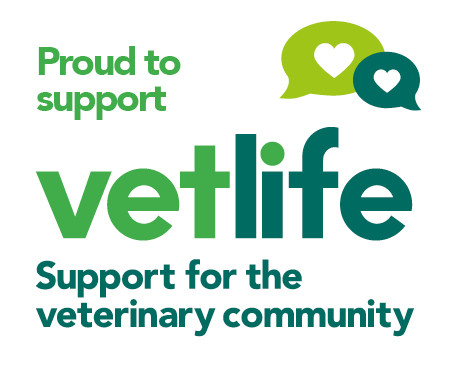The following has been provided by Animal Health and Welfare Division, Scottish Government
A single case of atypical Bovine Spongiform Encephalopathy (BSE) has been confirmed on a farm in Dumfries and Galloway on Thursday 5 December.
The case was detected during the routine surveillance of fallen stock cattle aged over 48 months. As such the animal was not destined for the human food chain and posed no risk to the general public. It has now been completely destroyed by incineration.
Testing on samples taken from the animal by the Animal and Plant Health Agency (APHA) has confirmed that the case is atypical. Atypical BSE is distinct from classical BSE. It is a spontaneously occurring, non-contagious form of the disease which occurs at a very low level in all cattle populations, and which have only been identified in older cattle when conducting intensive surveillance. This is proof that our surveillance system is working. The last case of atypical BSE in GB was in 2023.
The cohorts to the diseased cow and its offspring aged up to 24 months will be humanely killed and destroyed by incineration. This is a precautionary measure required by our legislation. All cattle humanely killed in relation to this case will also be tested for BSE. The owner of the culled animals will receive compensation.
In line with international commitments, the World Organisation for Animal Health (WOAH) and trading partners will be informed of the case. This does not affect our ability to export beef to other countries. We are making it clear to the general public that British beef is absolutely safe to eat as this case poses no risk to food safety or public health.
Scotland, and Great Britain’s, overall risk status for BSE remains at ‘controlled’. This case should not affect our application to apply for negligible risk status which is currently being assessed by WOAH. A decision on our application is expected in May 2025.






